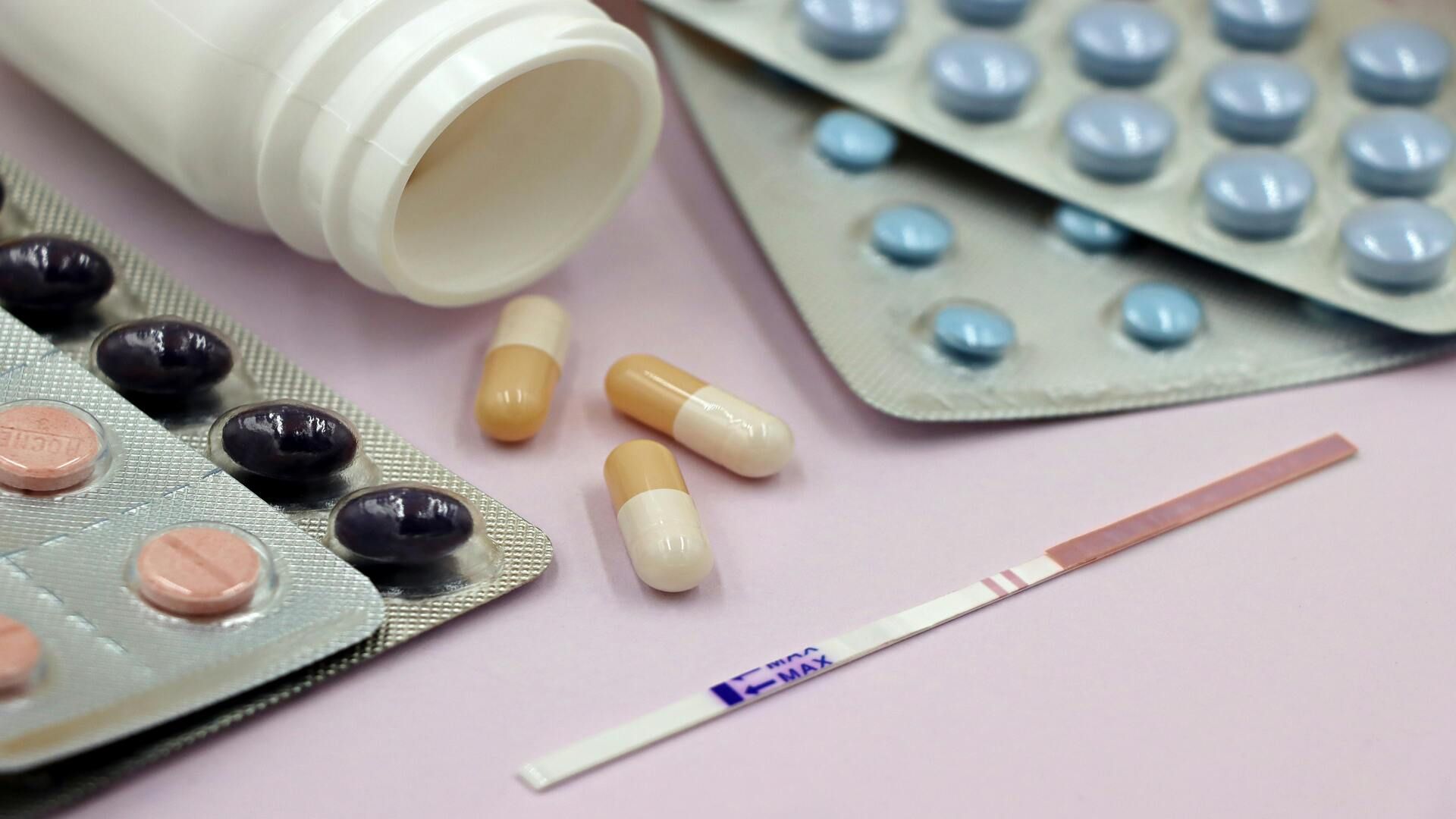The Challenges of Infertility and Pregnancy Complications

Sarah Johnson, MD

What is infertility?
The most common definition of infertility is the failure to conceive (if under 35) following 12 months of consistent, unprotected sexual activity. However, a clinical diagnosis of infertility can be made much before a year of attempting to conceive due to a variety of variables, such as medical history and the outcomes of particular tests.
What problems are the causes of infertility
Ovulation Disorders: Irregular or absent ovulation can result in infertility. Causes may include hormonal imbalances, thyroid disorders, or polycystic ovary syndrome (PCOS). Treatments can range from lifestyle changes and medications to assisted reproductive technologies (ART) like in vitro fertilization (IVF) or intrauterine insemination (IUI). Visit at IVF Center in Ghaziabad for affordable treatment.
better with Soula

Support for every woman:
✅ A Personalized Plan to reduce anxiety and overthinking
✅ 24/7 Emotional Support whenever you need it Cycle-Aligned Mental Health Tracking — monitor your mood and symptoms in sync with your period
✅ Real-Time Insights into your energy levels and emotional state
✅ Bite-Sized Exercises to help you return to a calm, balanced state — anytime, anywhere
Low Sperm Count or Problems with Sperm Motility and Morphology: Male factor infertility can be caused by issues such as low sperm count, poor sperm motility (movement), or abnormal sperm shape. Treatment options can include medication, surgery to correct varicoceles or other obstructions, or assisted reproductive techniques like intracytoplasmic sperm injection (ICSI) during IVF.
Tubal Factors: Blocked or damaged fallopian tubes can prevent the egg from reaching the uterus or the sperm from reaching the egg. Causes include pelvic inflammatory disease, endometriosis, or previous pelvic surgeries. Treatments may involve surgical interventions to repair or unblock the fallopian tubes, or ART procedures like IVF.
Uterine or Cervical Factors: Abnormalities in the uterus or cervix, such as uterine fibroids, polyps, or cervical stenosis, can hinder conception or implantation. Treatments may involve surgical interventions to correct structural abnormalities or ART procedures like IVF with embryo transfer.
Endometriosis: This condition occurs when tissue similar to the lining of the uterus grows outside the uterus, often leading to infertility. Treatment can involve medication to alleviate symptoms, surgery to remove endometrial tissue, or ART procedures.
Age-Related Factors: As women age, the quality and quantity of their eggs decrease, leading to reduced fertility. Consult an IVF Specialist in Ghaziabad. Treatments may involve fertility preservation techniques like egg freezing or using donor eggs.
Lifestyle Factors: Lifestyle choices such as smoking, excessive alcohol consumption, obesity, and poor diet can impact fertility. Book an appointment at IVF Center in Indirapuram for best treatment. Management involves making lifestyle changes to improve overall health and fertility. It can also help to be aware of common fertility mistakes people make when trying to conceive.
Unexplained Infertility: In some cases, the cause of infertility remains unknown despite thorough testing. Treatments may include fertility medications, intrauterine insemination (IUI), or ART procedures like IVF. Some people also explore how to choose the right type of artificial insemination when planning next steps.
Symptoms
The symptoms of infertility can differ based on the underlying cause. The inability to conceive or bring a pregnancy to term is the basic symptom.
An irregular or nonexistent menstrual cycle in women may indicate an underlying infertility issue. For one thing, a woman who doesn't have regular periods probably doesn't ovulate every month.
What should I do about it?
Have regular intercourse several times around the time of ovulation for the highest pregnancy rate. Having sex for at least five days before and one day after ovulation increases your chances of getting pregnant. Questions about timing are normal, and understanding how long it typically takes to get pregnant can make the process feel less uncertain. Ovulation usually occurs in the middle of the cycle — the middle half of menstruation — about 28 days apart for most women with menstrual cycles.
Although most types of infertility in men are not preventable, these strategies can help:
- Avoid drug and tobacco use and drinking too much alcohol, which can contribute to male infertility.
- Avoid the high temperatures found in hot tubs and hot baths, as they can temporarily affect sperm production and motility.
- Avoid exposure to industrial or environmental toxins, which can affect sperm production.
- Limit drugs that can affect fertility, both prescription and non-prescription drugs. Talk to your doctor about any medicines you take regularly, but do not stop taking prescription medicines without your doctor’s advice.
- Get moderate exercise. Regular exercise can improve sperm quality and increase the chances of conception. And for some couples, the stress of trying can stir up worries—learning more about maternal anxiety may offer clarity.
For women, several strategies can increase your chances of getting pregnant:
- Quit smoking. Tobacco has many negative effects on fertility, not to mention your general health and the health of the fetus.
- Avoid alcohol and street drugs. These substances can reduce your ability to conceive and have a healthy pregnancy. It’s also common for deeper emotions to surface, including the quiet fear of starting a family; our piece on feeling scared of having a baby speaks to that experience gently. If you are trying to get pregnant, do not drink alcohol or use recreational drugs such as marijuana.
- Limit caffeine. Women trying to get pregnant can limit their caffeine intake. Ask your doctor for guidance on the safe use of caffeine.
- Get moderate exercise. Regular exercise is important, but exercising so intensely that your periods are infrequent or absent can affect fertility.
Avoid excessive weight. Being overweight or underweight can affect your hormone production and lead to infertility. If the emotional weight of fertility challenges feels heavy, gentle support from Mental Health AI can make the process feel less overwhelming.














